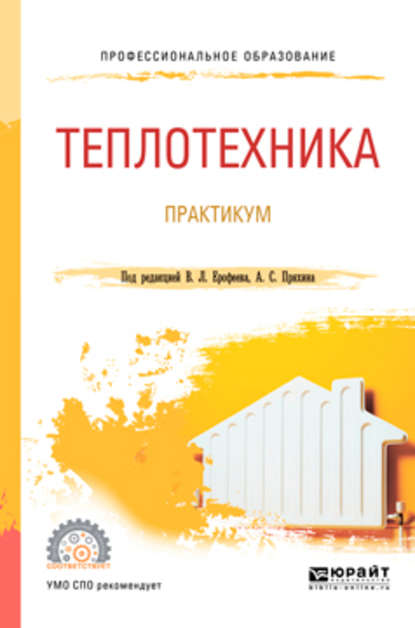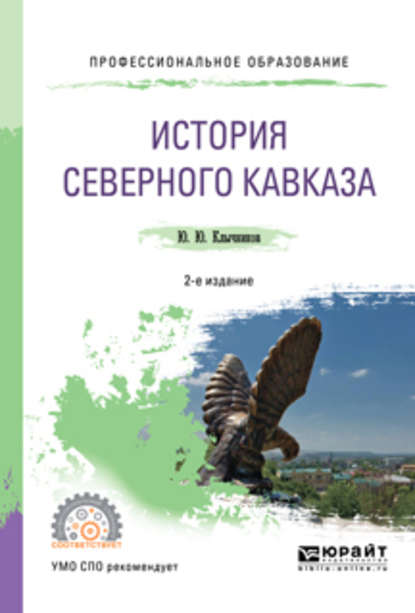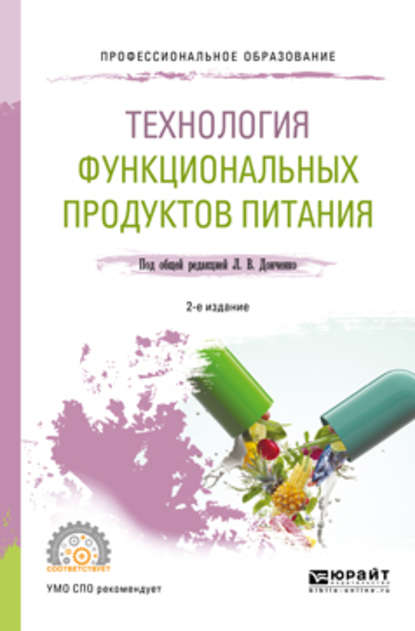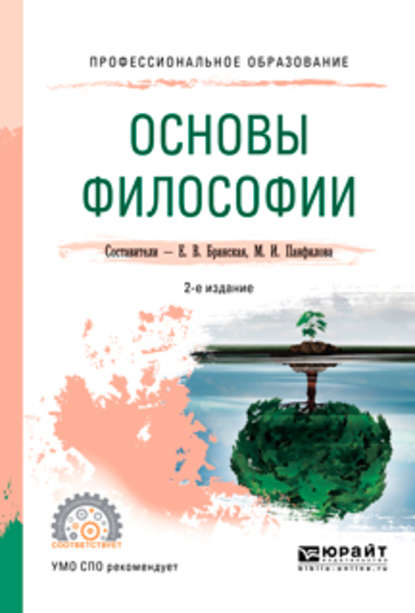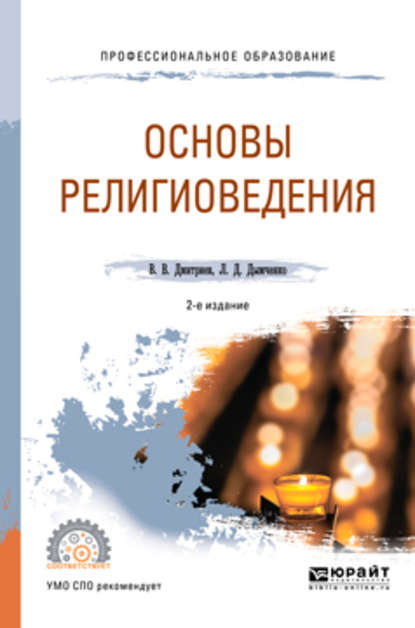Jude T. Austin - Surviving and Thriving in Your Counseling Program
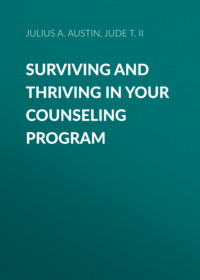
[i]“Drs. Julius and Jude Austin have written a most informative and engaging guide for students navigating the demands of their academic program and internships. They provide practical wisdom in each chapter and serve as mentors to their readers through their self-disclosure and the lessons they have learned. This book needs to be in the hands of every counseling student, as it offers extremely useful pointers and encouragement to survive and thrive in their program.” [/i] [b]—Marianne Schneider Corey, MA, LMFT, NCC[/b] [b]—Gerald Corey, EdD, ABPP, NCC[/b] Professor Emeritus of Human Services and Counseling California State University, Fullerton [i] [/i] [i]“This is a valuable resource for students in graduate-level training in counseling or counselor education and supervision. In addition, it will be a useful update for counselor educators regarding the experiences of contemporary graduate counseling students.” [/i] [b]—[/b][b]Richard E. Watts, PhD, LPC-S[/b] Sam Houston State University Written for graduate students who want to get the most out of their experience, this book presents down-to-earth discussions and suggestions on counselor training and life after graduation. The authors, both millennials and recent doctoral program graduates, draw upon their own personal and professional training and career experiences, as well as shared insight from a diverse group of current graduate students, recent graduates, and new professionals. The realistic, personal, and often humorous narratives throughout the book give an insider’s perspective on graduate school and illuminate the emotional journey of students and new professionals. Topics include choosing and getting into a program, handling the opportunities and challenges that each year of the program presents, gaining emotional maturity, dealing with setbacks, managing conflicts, increasing cultural awareness, getting a doctoral degree, searching for a job, finding a supervisor, and obtaining licensure. Readers will also be able to peek behind the curtains of faculty meetings to glean what faculty members expect, develop skills for their first session, and create and maintain a self-care plan for improving work-life balance. *Requests for digital versions from ACA can be found on www.wiley.com. *To purchase print copies, please visit the ACA website *Reproduction requests for material from books published by ACA should be directed to permissions@counseling.org [b]Julius A. Austin, PhD, [/b]isa clinical therapist and coordinator for the Office of Substance Abuse and Recovery at Tulane University. [b]Jude T. Austin II, PhD, [/b]is an assistant professor and clinical coordinator in the Professional Counseling Program at the University of Mary Hardin-Baylor.


